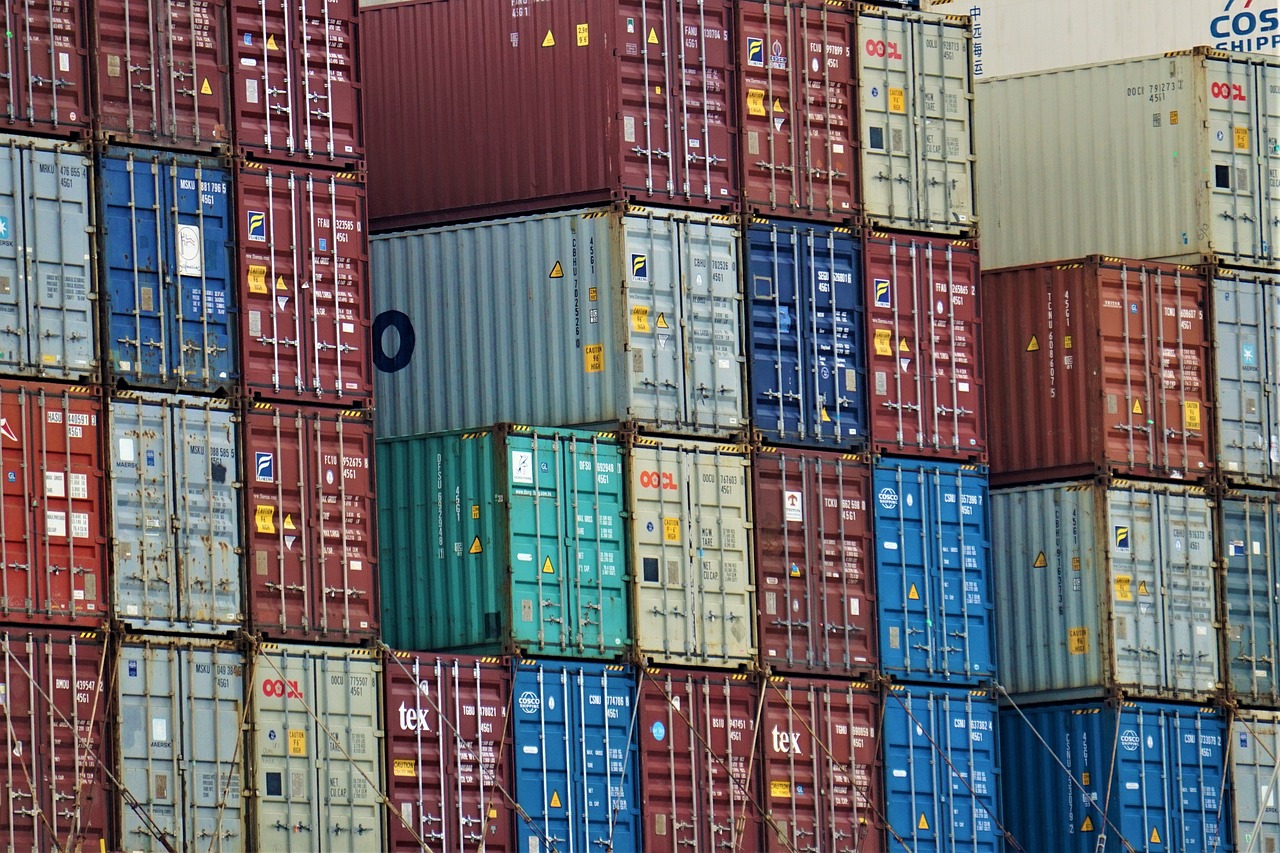Update | The Italian Customs Reform is on the horizon: there are significant changes for businesses

The Italian Customs Reform has been initiated: new regulations will govern businesses in their activities with foreign markets.
The current regulations
The national customs law governs trade in goods with non-EU countries; its current core, consisting of the Testo Unico Legge Doganale (TULD) dpr. n.43/73 (Unified Customs Law Text – Presidential decree n. 43/73), the Royal Decree of 1865 and the Decreto legislativo (Legislative Decree) No. 374/90, is now far from both the economic reality and the customs reality, that it should strive to be aligned with the global trade needs.
The National regulation also presents the serious problem of often not being in line with the prevailing Union legislation, which originated with the customs union among Member States in 1968. EU regulations on customs matters have led to continuous implicit disapplications of Italian rules conflicting with them. The result is a current national regulatory framework that is cumbersome and often subject to judgments by taxpayers seeking the non-application of Italian law by the judge, especially in the field of customs penalties, which give rise to a wide range of case law.
The upcoming reform
Therefore, a reform of the national customs regulatory framework has been necessary for years. The reform has now been initiated: on March 26, the Council of Ministers (the Italian Government) approved, at first reading, a decree, consisting of one hundred and twenty-two articles, which will repeal the entire core of rules currently in force.
The proposal, now in its legislative process before parliamentary committees, aims to align with EU prescriptions. In addition to formal references, the acquisition of Union principles and prescriptions can be found in individual disposals.
This is particularly evident in the total restructuring of customs penalties. Often at the origin of judicial disputes due to non-compliance with the principle of proportionality, reiterated by both European legislation and jurisprudence, penalty amounts are adjusted to more suitable values: from 100 to 200 percent of the customs duties due or from 80 to 150 percent if the violation concerns a culpable error in the declaration of origin, value, quantity, and quality as well as any other necessary element for the application of the tariff and for the liquidation of duties. If errors affect multiple items in a single customs declaration, the penalty is prescribed only once. The reduction to one-third of the penalty or the exemption from it are provided for in specific cases of duties due less than 3% of those declared and duties declared overall equal to or greater than those ascertained overall.
Violations are linked to two main types of omissions and false customs declarations, where the subjective state of the offender, whether intentional or negligent, characterizes the nature of the violations as either criminal, constituting the offense of smuggling, or administrative.
With smuggling, imprisonment of up to 3 years is incurred when the amount of at least one of the border duties due, considered separately, is greater than fifty thousand euros but not exceeding one hundred thousand euros. Imprisonment is extended from 3 to 5 years in cases, among others, of false customs declaration or when the amount evaded exceeds one hundred thousand euros.
The administrative nature turns into criminal if the violation is aggravated by typical circumstances of aggravated smuggling or if the amount of at least one of the border duties due, considered separately, exceeds 10,000 euros. Confiscation, an accessory penalty also extended in confiscation by equivalent, deserves a special mention.
The new disposals show attention to the aspect of controls in the customs clearance process. The role of the Guardia di Finanza (a military Police Force reporting directly to the Minister of Economy and Finance) in customs controls is expanded: they can be carried out in customs spaces and beyond, even in cases of controls already carried out by officials of the Customs and Monopolies Agency. Controls in general appear to be entrusted to the individual initiative of the official, even for goods already verified. In the assessment phase, an old legacy typical of the customs field has been eliminated: the customs controversy, which allows for a debate between the company and the customs authority but within its higher authority of the competent regional directorate.
After many years, it seems that a simplification in favor of the company is finally coming to fruition: “SUDOCO – Sportello Unico Doganale e dei Controlli” (Single Entry Point), which allows the company to interface with a single administrative window in the customs clearance phase, even when multiple administrations are involved, such as in the case of licenses, certificates, and authorizations.
In the subsequent phase, after customs assessment, while the customs operation remains subject to possible further checks over the following three or seven years, in case of conduct of a criminal nature, the right to procedural contradiction is recalled, with a thirty-day term for the taxpayer to express observations before a final rectification decision is made.
Particular attention is given to the newly introduced direct representation authorization. These are disposals concerning the customs operator, to whom a company can entrust the task of assisting it in the customs clearance phase. Direct representation allows the operator not have joint liability for the customs obligation with the company. The regulatory text sets out specific subjective requirements for accessing this institution. These requirements were already in previous administrative circulars but now reformulated in more general terms and with provisions for suspension and revocation of authorization in case of customs failures committed. The requirements are presumed to exist in certain categories of professionals, such as customs consultants, AEO (Authorised Economic Opertors) companies, and CAD – Centri di Assistenza Doganale, Customs Assistance Centers.
In conclusion, the decree approved by the first reading of the Council of Ministers simplifies the current numerous disposals and is currently continuing its legislative process before reaching its final version, for which one could hope for a clearer and more organic content, especially in the field of customs penalty regulation, and a greater adherence to both the provisions and trends clearly expressed in the customs reform initiated by the EU Commission, also at the European level.




